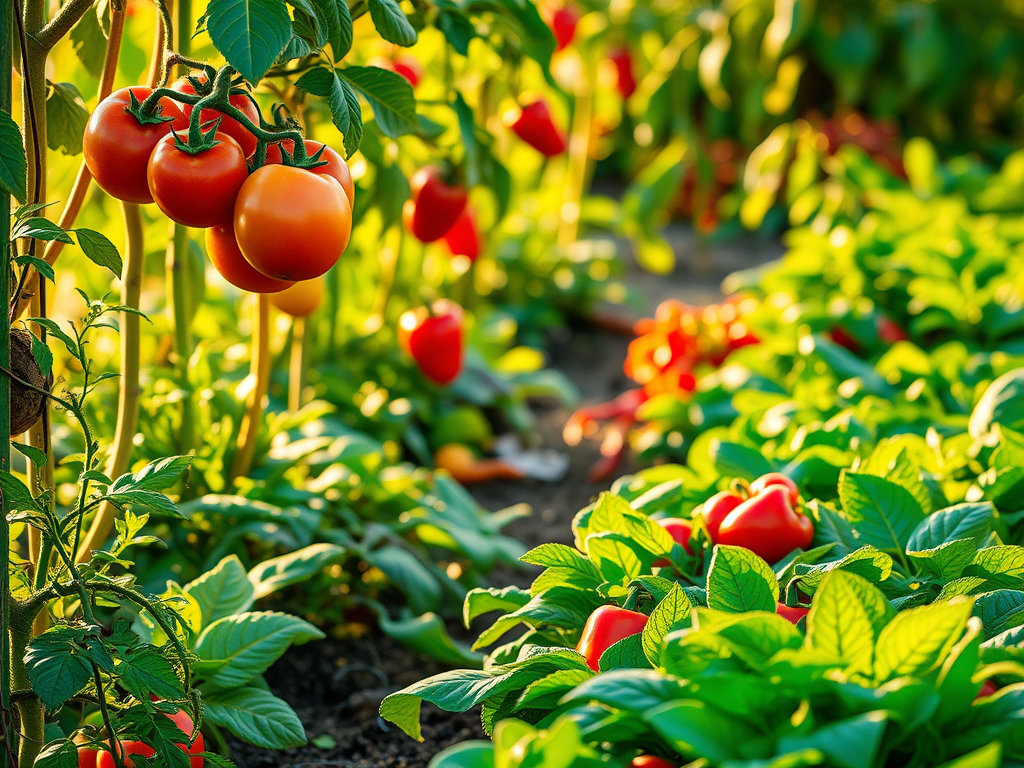Introduction
In today’s fast-paced world, food security remains a pressing concern, and vegetable farming presents a golden opportunity for everyday people to venture into agribusiness with low startup capital and high-profit potential. Among the most profitable vegetables to grow are tomatoes, peppers, and leafy greens, as they are in high demand across Nigeria and Africa. Whether you have a small piece of land or wish to start with urban container farming, vegetable farming can generate steady income all year round.
Why Vegetable Farming?
Vegetables are essential in daily meals, and their demand never diminishes. Investing in vegetable production in Nigeria offers multiple advantages, such as:
- Short growing cycles – Some vegetables mature in as little as 30–90 days.
- High market demand – Restaurants, food vendors, and households need fresh vegetables daily.
- Scalability – You can start small and expand gradually.
- Low startup cost – Compared to other agribusinesses, vegetable farming requires minimal investment.
Top Vegetable Choices for Farming
1. Tomatoes
Tomatoes are one of the most consumed vegetables in Nigeria. Whether fresh or processed into paste and puree, they remain highly sought after.
Growing requirements:
- Well-drained loamy soil with adequate organic matter.
- Warm temperatures of 25–30°C.
- Regular watering but avoid over-saturation.
- Harvesting starts within 60–90 days of planting.
2. Peppers (Bell Pepper & Chili Pepper)
Peppers are indispensable in African cuisine, and their versatility makes them a lucrative agribusiness. Whether growing bell peppers or chili peppers, you can be assured of good market value.
Growing requirements:
- Fertile soil rich in organic nutrients.
- A consistent watering schedule to encourage fruiting.
- Adequate spacing to prevent fungal infections.
- Harvesting starts within 75–90 days after transplanting.
3. Leafy Greens (Ugu, Spinach, Scent Leaf, Ewedu, and Lettuce)
Leafy greens like ugu (fluted pumpkin), spinach, and lettuce are always in demand due to their nutritional value. They are widely used in soups, salads, and traditional dishes.
Growing requirements:
- Light, well-aerated soil with organic compost.
- Regular watering to keep the leaves tender and fresh.
- Partial shade for some varieties to prevent wilting.
- Harvesting starts within 30–45 days after planting.
How to Start Vegetable Farming with Low Capital
- Choose Your Farming Method: Depending on land availability, you can start with open-field farming, greenhouse farming, or container gardening.
- Prepare the Land or Containers: Clear the land, enrich the soil with compost, and create proper drainage to avoid waterlogging.
- Get Quality Seeds or Seedlings: Sourcing disease-resistant varieties from reputable agro-dealers increases your success rate.
- Plant and Maintain Proper Agronomic Practices: Follow best practices such as mulching, weeding, and spacing for optimal growth.
- Control Pests and Diseases: Use organic or chemical pest control methods to prevent infestations.
- Harvest and Sell: Market your vegetables through local markets, supermarkets, restaurants, and online platforms for better reach.
Strategies for Effective Marketing of Produce
- Sell Directly to Consumers: Take advantage of farmers’ markets, roadside stalls, and farm-to-home deliveries to cut out middlemen and increase profits.
- Supply to Restaurants and Hotels: Many eateries prefer fresh vegetables from local farmers to ensure quality and consistency. Build relationships with chefs and managers.
- Leverage Online Platforms: Use social media, WhatsApp groups, and e-commerce platforms to market and sell your produce. Creating a website or joining an agribusiness marketplace can boost visibility.
- Partner with Supermarkets and Grocery Stores: Offer fresh vegetables to retail stores where consumers regularly shop for food supplies. Packaging and branding can give your produce a competitive edge.
- Preserve and Process Surplus Produce: To prevent wastage, consider sun-drying, freezing, or processing tomatoes into paste and peppers into powder. This increases the shelf life and value of your produce.
- Join Cooperative Societies: Being part of a farmers’ cooperative can provide access to bulk buyers, better pricing, and business networking opportunities.
Profit Potential of Vegetable Farming
With proper management, vegetable farming in Africa can generate significant income. For instance, a well-managed one-acre tomato farm can yield 10–20 tons per harvest, translating to high returns when sold at the prevailing market price. Peppers and leafy greens also provide multiple harvests per season, ensuring steady cash flow.
Conclusion
Vegetable farming is a low-risk, high-reward agribusiness that anyone can start, even with limited resources. Whether you are a beginner or an experienced farmer, tomatoes, peppers, and leafy greens farming offers a sustainable way to generate income while contributing to food security in Africa. Start today, and watch your agribusiness thrive!


